COURSES
(60 Day Online Limit)
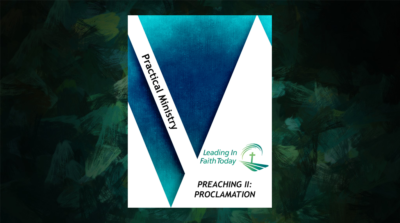
Preaching II: Proclamation
Course Developer: Laura & Phil HolckThis course is a follow-up to Preaching I: Preparation and will explore voice projection and the mechanics of preaching using the model of practice, feedback, reflect and practice. One sermon will be required to be prepared and practiced, with reflection and feedback provided. At least one sermon will be proclaimed in church setting. Learners will find it difficult to take this course without previously studying the Core Theology and Scripture courses.
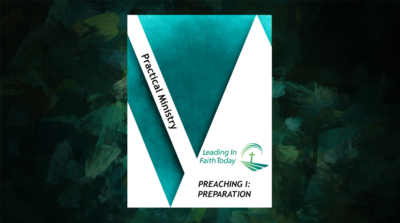
Preaching I: Preparation
Course Developer: Laura & Phil HolckThe purpose of this course is to provide lay people with a good foundation to begin their development as a preacher, providing enough grounding, perspective and practical experience to give anyone the confidence to preach sermons. Learners will find it difficult to take this course without previously studying the Core Theology and Scripture courses.
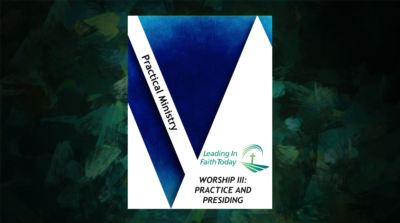
Worship III: Practice and Presiding
Course Developer: Ann Salmon, Rita HarrisonThe course focuses on learning the practices and poise needed for presiding at a eucharistic worship service and being able adapt these practices to their contexts. (Includes video content) Learners will find it difficult to take this course without previously studying Worship I: Introduction to Liturgical Theology and Worship II: Resources and Planning.
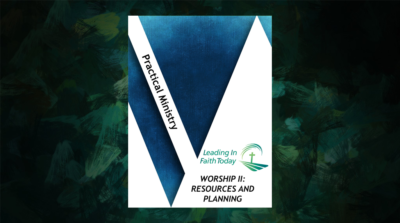
Worship II: Resources and Planning
Course Developer: Ann Salmon, Rita HarrisonThis course examines the resources available for planning worship in the Anglican and Lutheran tradition, and explores constructing a worship service from beginning to end, including readings, hymnody, and prayers. Learners will find it difficult to take this course without previously studying Worship I: Introduction to Liturgical Theology.
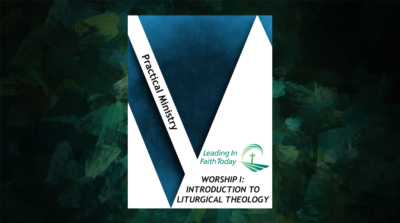
Worship I: Introduction to Liturgical Theology
Course Developer: Ann Salmon, Rita HarrisonThis course explores the structure of an Evangelical Lutheran Worship (ELW) Eucharistic service and a Book of Alternative Services (BAS) Eucharistic service with a brief introduction to seasons of the church, resources used, and "central things" of Lutheran and Anglican worship.
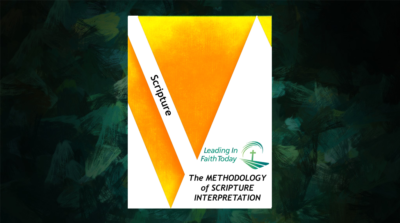
The Methodology of Scripture Interpretation
Course Developer: John GramThis course seeks to introduce methods of analyzing Scripture in order to uncover meanings in the text. Participants will begin to reflect on how the theological meanings they find in Scripture can lead to the proclamation of a gracious God and the good news of Jesus Christ. Learners will find it difficult to take this course without previously studying The Story of the Old Testament and the Story of the New Testament first.
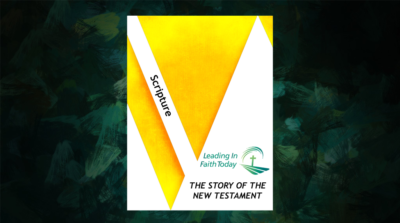
The Story of the New Testament
Course Developer: John GramThis course will briefly explore the various books of the New Testament in their historical, sociological, religious, and literary context, and consider their theological dimensions. It will also touch on how critical methods are constructive tools to address the challenges of reading the ancient documents of the New Testament.
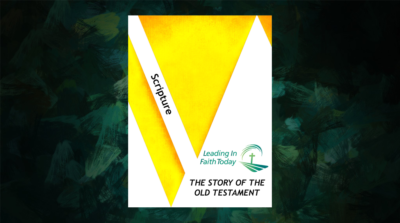
The Story of the Old Testament
Course Developer: Paul SodtkeThis course briefly explores the books of the Old Testament (Torah, Prophets, Writings), paying attention to major theological themes, events, and figures and the ongoing significance of Old Testament scripture for the Christian church, and life today.
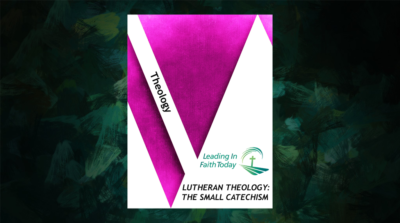
Lutheran Theology: The Small Catechism
Course Developer: H. Paul SchmidtThis course explores Luther’s teachings on the Ten Commandments, the Apostles’ Creed and the Lord’s Prayer as well as the sacraments of baptism, confession and communion. It examines the theology of justification by grace through faith present throughout the Small Catechism and considers how this resource can be be of value in the Christian church today.
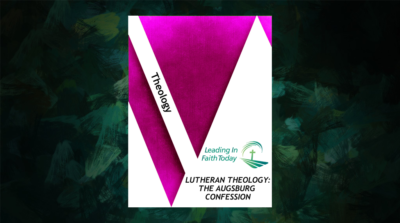
Lutheran Theology: The Augsburg Confession
Course Developer: Gordon JensenThe course will explore the twenty-eight articles of the Augsburg Confession and their importance to Lutheran theology. It will consider how this document evolved within the context of its time and how it has served as an important model to the Christian life of faith and why this Confession centers Lutheran churches throughout the world. (COMING SOON)
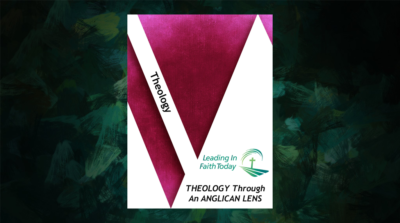
Theology through an Anglican Lens
Course Developer: William HarrisonThis course will provide awareness of the theological foundations shaping Anglican doctrine and ethos, encouraging the learner to identify insights from Anglican thinking that influence them.
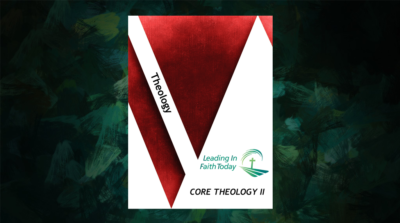
Core Theology II
Course Developer: Kayko Driedger HessleinThe second of two courses that covers core theological concepts, how they function in various contexts, and their significance in the modern world. This course will explore: Who Will Save Us? (Theology of Salvation); Can We Trust God?; What Does God Want From Us as Individuals? - Vocation; What Does God Want From Us as the Church?; What About Everyone Else?; and Is Everything Going to be Okay? (Theology of the End).
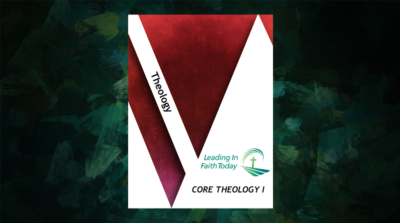
Core Theology I
Course Developer: Kayko Driedger HessleinOne of two courses that covers core theological concepts, how they function in various contexts, and their significance in the modern world. This course will explore: What Is Theology, How Do We Study It, and Who are We Studying?; Who Is This Man-God? - Christology and Is God With Us? Who is “Us” Anyway?
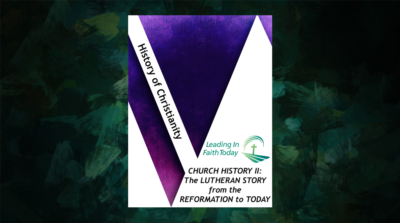
Church History II: The Lutheran Story from the Reformation to Today
Course Developer: Clayton BeishThis course will explore some of the main developments in the history of Christianity from the time of the Reformation movements of the 16th century until today. It will also trace the development of the Lutheranism in Canada from its beginnings to the present.
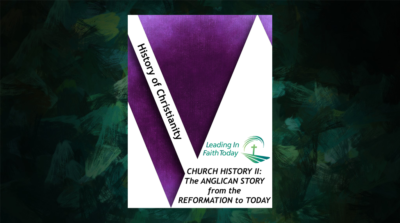
Church History II: The Anglican Story from the Reformation to Today
Course Developer: William HarrisonThe story of the Church from the late medieval period through to the end of the second millennium, exploring major events and figures while examining the Anglican heritage and doctrine along the way, including the development of the Anglican tradition in North America.
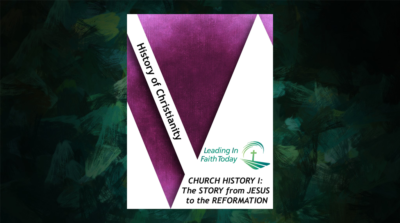
Church History I: The Story from Jesus to the Reformation
Course Developer: Deborah SuddardAn examination of church history from just before the birth of Jesus to the Western Reformation (1517), exploring how Christians have practiced, understood and given public witness to their faith from its early beginnings.
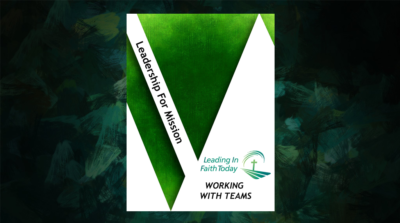
Working with Teams
Course Developer: Ron SchlegelmilchThis course introduces or refreshes an understanding of what it means to work together as a team, assisting team members to create an environment to achieve a mutually agreed upon outcome. Those in lay and leadership roles are part of fostering a church community and part of a team focused upon a particular mission. A lay leader may need to guide or facilitate a ministry team to a defined set of outcomes and/or mutually understood objectives.
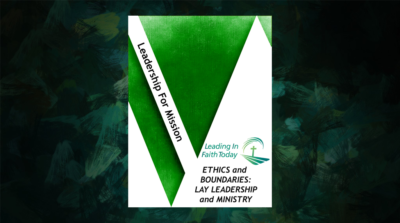
Ethics and Boundaries: Lay Leadership and Ministry
Course Developer: Elaine Sauer, Heather McCanceThis course will reflect on the boundaries, expectations and policies that exist in leadership, for the lay leader's protection and the people being served. It will also help to develop an understanding of leading through accountability to one's own self, in the living out of self-care and care for others.
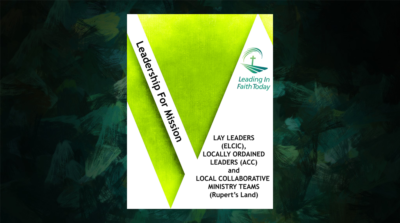
Guide for Mentors of Lay Leaders (ELCIC), Locally Ordained Leaders (ACC), and Local Collaborative Ministry Teams (Diocese of Rupert’s Land)
Course Developer: Heather McCanceThe purpose of this guide is to help equip Lay and Local Leadership instructors and mentors, including those of Local Collaborative Ministry (LCM), with educative tools for facilitating learning, individually and in teams.
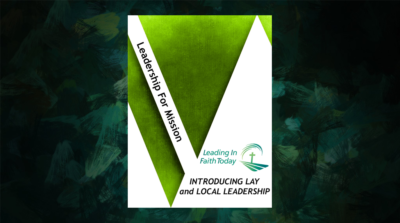
Introducing Lay and Local Leadership
Course Developer: William HarrisonThis course will provide a basic understanding of the context, meaning, and purpose of lay and local leadership in today’s church. It will explore servant leadership and ministry in the local church and the community, and can be used as part of a discipleship plan for any laity to acquaint them with a calling.

